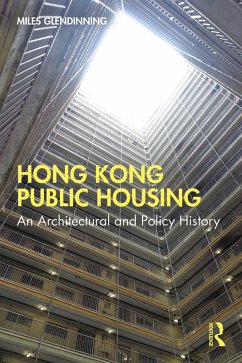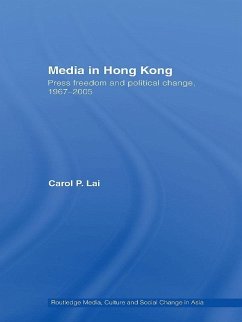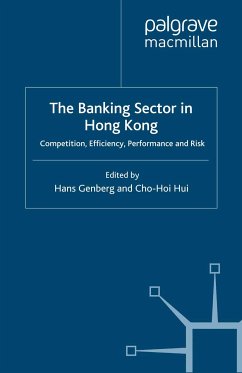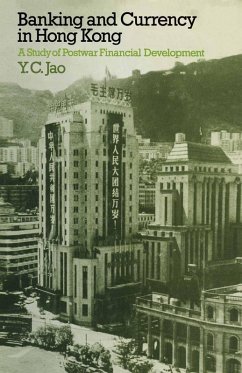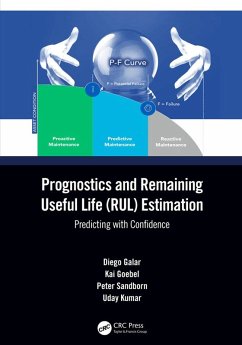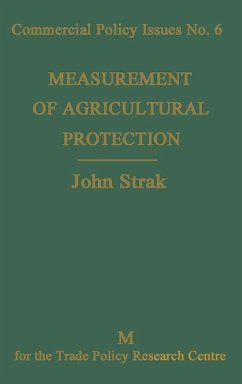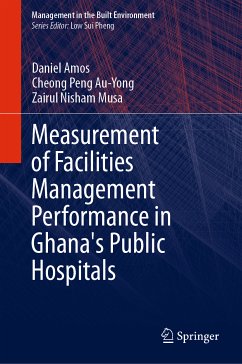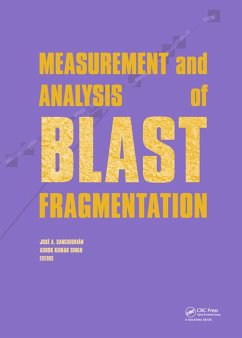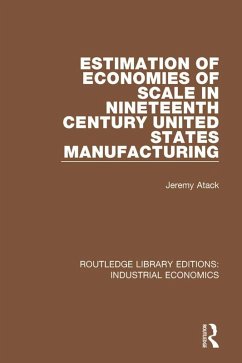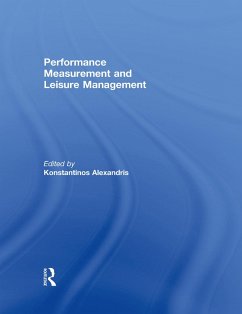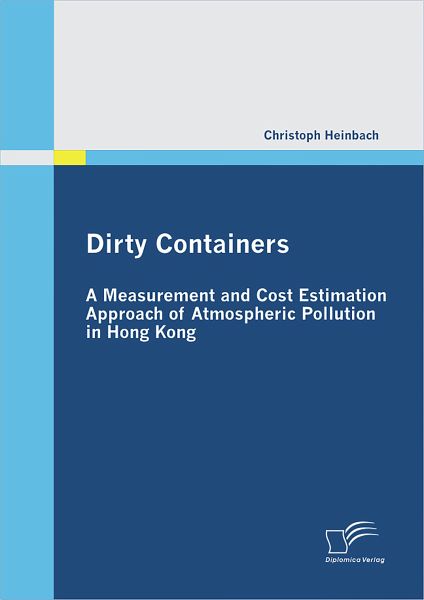
Dirty Containers: A Measurement and Cost Estimation Approach of Atmospheric Pollution in Hong Kong (eBook, PDF)
Versandkostenfrei!
Sofort per Download lieferbar
Statt: 48,00 €**
44,99 €
inkl. MwSt. und vom Verlag festgesetzt.
**Preis der gedruckten Ausgabe (Broschiertes Buch)
Weitere Ausgaben:

PAYBACK Punkte
0 °P sammeln!
Globalization is regarded as the key driver of growing container trade activities due to economic development. With a technology relying heavily on the combustion of fuel, international shipping is responsible for 2.7 percent of total world emissions and ocean transportation is becoming increasingly linked to environmental problems. The concepts of sustainability and greener shipping are expected to be the prime focus of transportation in the coming decades, but the impending developments require a deep understanding of the emission impact and costs related to the inputs and outputs of world e...
Globalization is regarded as the key driver of growing container trade activities due to economic development. With a technology relying heavily on the combustion of fuel, international shipping is responsible for 2.7 percent of total world emissions and ocean transportation is becoming increasingly linked to environmental problems. The concepts of sustainability and greener shipping are expected to be the prime focus of transportation in the coming decades, but the impending developments require a deep understanding of the emission impact and costs related to the inputs and outputs of world economies. This textbook quantifies and analyses atmospheric pollution for Hong Kong trade-lane specific container activities over the past decade using a new methodology, EcoTransIT World, a web-based application. Input data is generated from the Hong Kong Census & Statistics Department while emissions and energy consumption for the entire energy chain are measured as an output. Based on the findings, the costs to the society are estimated by an advanced top-down approach with a general market price for carbon. The results certainly indicate that the shift from long-distance to short-distance world container sourcing for laden container throughput has a positive effect on the environment. Most notably, the estimated emission costs per container show a declining trend in opposition to the trade growth. The results provide unique trade-lane specific container emission factors and costs indications for Hong Kong shipping business that can be used for several purposes, such as: environmental performance control, benchmarking, policy making and the promotion and stimulation of green shipping to mitigate the environmental impact. The performance indicators represent a comprehensive picture of Hong Kong atmospheric pollution for different trade-lanes. Further studies and practical tools to gather real operating data from the original source such as ship owners and ocean carriers are required in future to verify the data. This will create awareness along global supply chains and crucially support the achievement of environmental synergies by common understanding of the serious consequences from international maritime transportation on our planet.
Dieser Download kann aus rechtlichen Gründen nur mit Rechnungsadresse in A, B, BG, CY, CZ, D, DK, EW, E, FIN, F, GR, HR, H, IRL, I, LT, L, LR, M, NL, PL, P, R, S, SLO, SK ausgeliefert werden.




